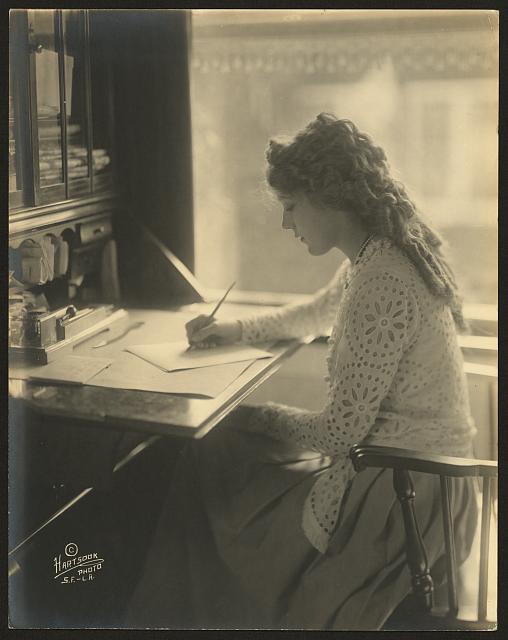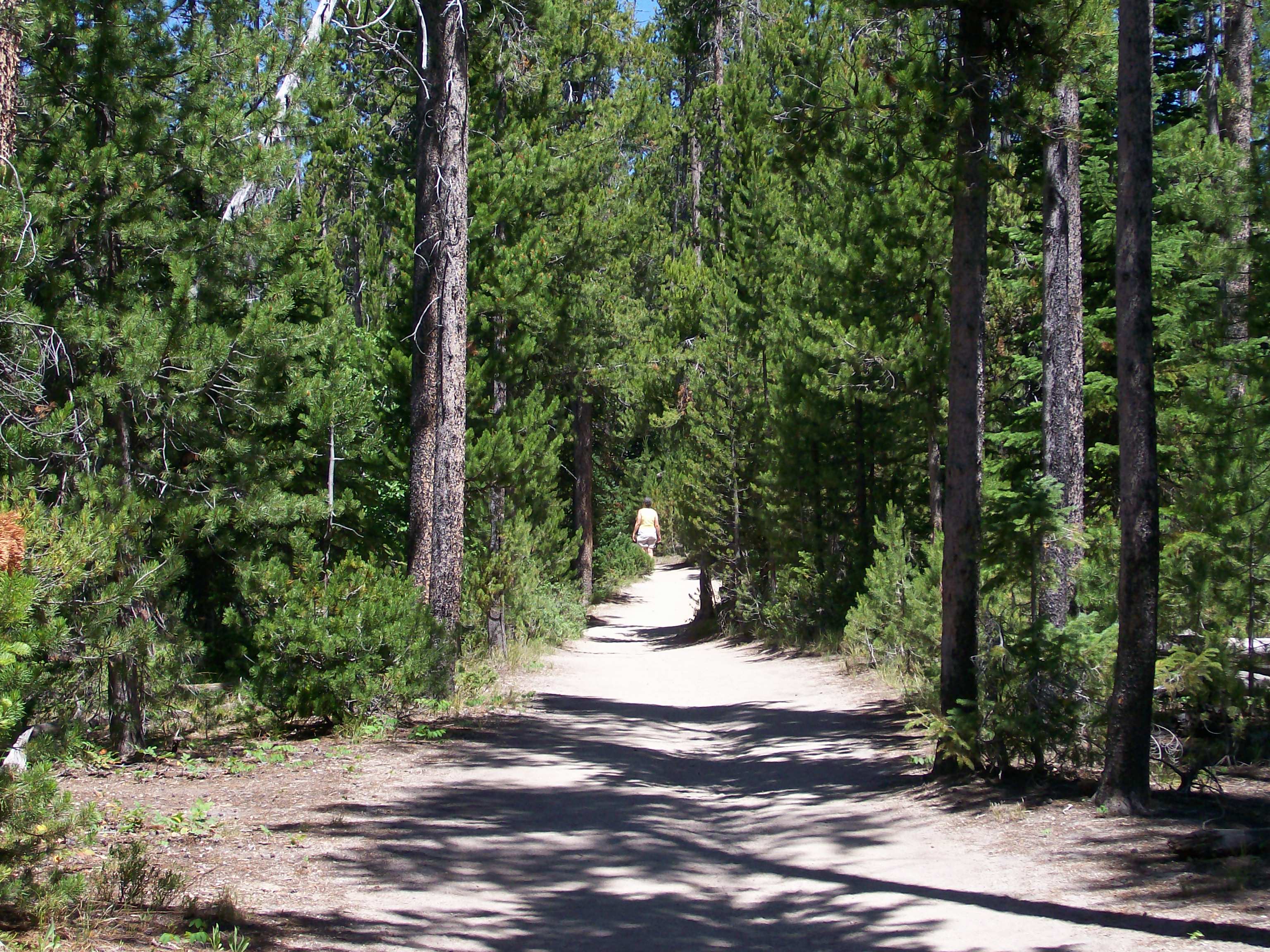
Every other year in April I attend the Festival of Faith & Writing in Grand Rapids, Michigan. It’s the best continuing education I do. Three days full of panels, Q&A, plenary speakers, poetry, prose, screenwriting, and (usually) tulips, the bright, ordered heralds of spring. The first year I went, I had to take a break midway through the second day to write poetry. This is not normal behavior for me but I was so full I had to pour something back out.
There are usually some bigger name presenters (Mary Karr, Marilynne Robinson, Eugene Peterson) from the fuzzy-edged worlds of faith and writing. Often, though, my favorite Festival writer happens to be someone I’d never heard of before but who captures my attention. This year that person was Christine Byl, author of Dirt Work, who lured me in with a talk on writing about a community while being part of it.
Anne Lamott was one of the big name speakers this year. I’ve read a lot of her books. I preached a sermon series on Help, Thanks, Wow, I read her strangely long and beautiful Facebook posts, and everyone in the past 20 years who’s interested in writing has read or heard of Bird by Bird. So she wasn’t an unknown person or writer I stumbled across at the Festival. I was looking forward to hearing her speak, but I had a sense I’d probably heard most of it before. Like many faithful and writerly folks, she tends to circle around some of the same themes from varying angles.
That’s what she did. But what captured my attention was her generosity. In her particular Lamott-I-packed-the-wrong-too-tight-pants way, she stood in an arena in front of thousands of us, informal, human, full of mistakes and longing. She has published at least 15 books but she focused on the torturous, determined ritual of writing. In great detail, she walked us through how long it took her to write a Facebook post the previous weekend and how many times she got up from the task and sat back down again. She told us it never gets easier, describing all the time-wasting ways she could avoid writing once she made it back home to California. She told us how she’d spend her weekend, making herself get up for church on Sunday morning even though everyone would understand she’d had a long week and was freshly home from a long flight. Come Monday, she would sit at the computer again to write. Anne Lamott, big name author, pulled the curtain wide and said This is how it’s done. She didn’t say this in a superior, hero, famous person way. She said it writer to writer. No bones about it: writing is hard work and you will want to get up about 50 times an hour and do anything else.
If you’ve read Lamott or heard her speak, you know there was a lot more detail than this. She tells seemingly roundabout stories that loop and loop until you’ve lost yourself a little bit. But they come around with a wallop.
The thing about admiring someone or wanting to emulate something she’s done is the admiration and emulation keep you distant. What Anne Lamott did was invite us in. She could have delivered a speech that left us all thinking I want to be like that. Instead, she left us with the sure sense we already have what we need.
It was a generous act. She didn’t hide behind the accomplishments of her library shelf. She offered to show us in intimate, messy, daily, routine, non-glamorous detail how she works with herself to get some writing done. She didn’t offer any platitudes about the amazing things she’s learned in all these years of publishing. She said It never gets easier. You just do it. She didn’t display a perfect writing environment with expensive tools and an ideal time of day. She revealed a real life and her own real struggle to wake up every day and write in the midst of it. She said, Come Monday, this is what I will do. Again. I will hate it and I will try to avoid it. But I will make myself start again. How about you?
*
photo credit: Mary Pickford by Hartsook Photo, 1918. Public domain image.

